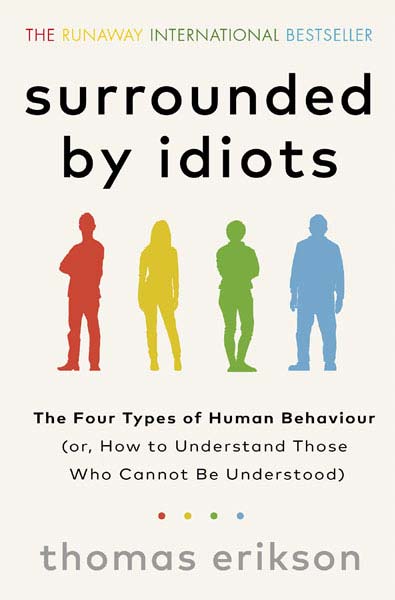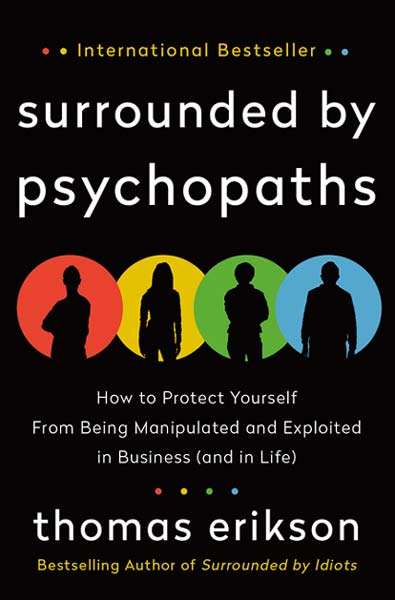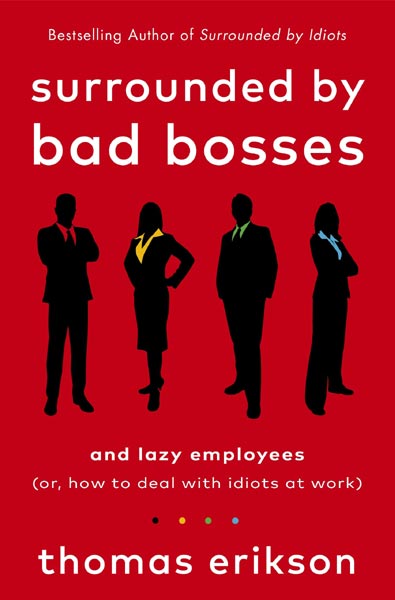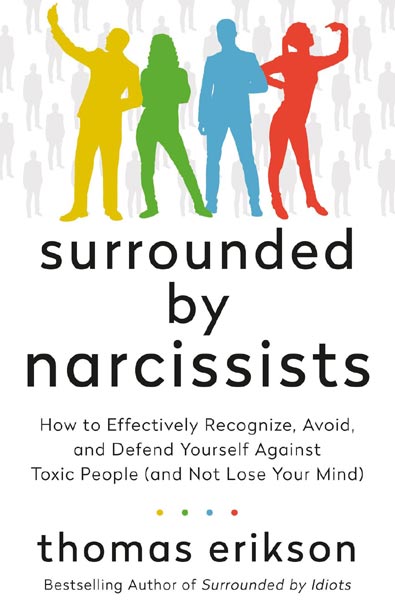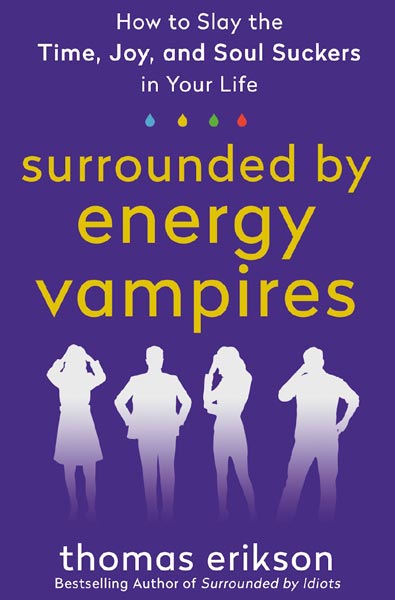The halo effect: why charming people get away with murder
August 6th, 2025
Good-looking, charismatic people are not automatically smart, kind, or competent. But we often assume they are.
Of course they can be all of the above. But no more than anybody else. So, what is going on?
This is called The Halo Effect – a classic bias studied by psychologist Edward Thorndike all the way back to the early 1920s.
It’s when our brain sees one “good” trait (however we’d like to define that) and assumes all the others are just as good.
If someone is funny, we assume they’re trustworthy. (Yes, humour works).
If they’re attractive, we think they’re intelligent. (Don’t try to convince me you haven’t).
If they’re confident, we think they’re capable. (And sometimes they are).
But in reality? Noooot always. Soooometimes never.
We confuse style for substance. And we don’t even notice we’re doing it.
Quick tip:
Next time you’re impressed by someone: pause and ask what exactly impressed you.
Is it their ideas – or just the way they smile while talking?
Also, beware of the opposite:
One bad trait might make you think this person is just bad altogether. Like if he can’t dress properly, he’s most likely stupid. No. Always try to keep an open mind.
Remember the Halo Effect. Its you own mind that’s fooling you.
A colourful moment:
A good friend of mine once hired a guy based on a firm handshake and a “great vibe.”
Six weeks later, he realized the guy didn’t know what a PDF was.
Charisma: 10/10. Competence: 2.
That vibe cost him €34,000.
See you next Wednesday.
//Thomas

